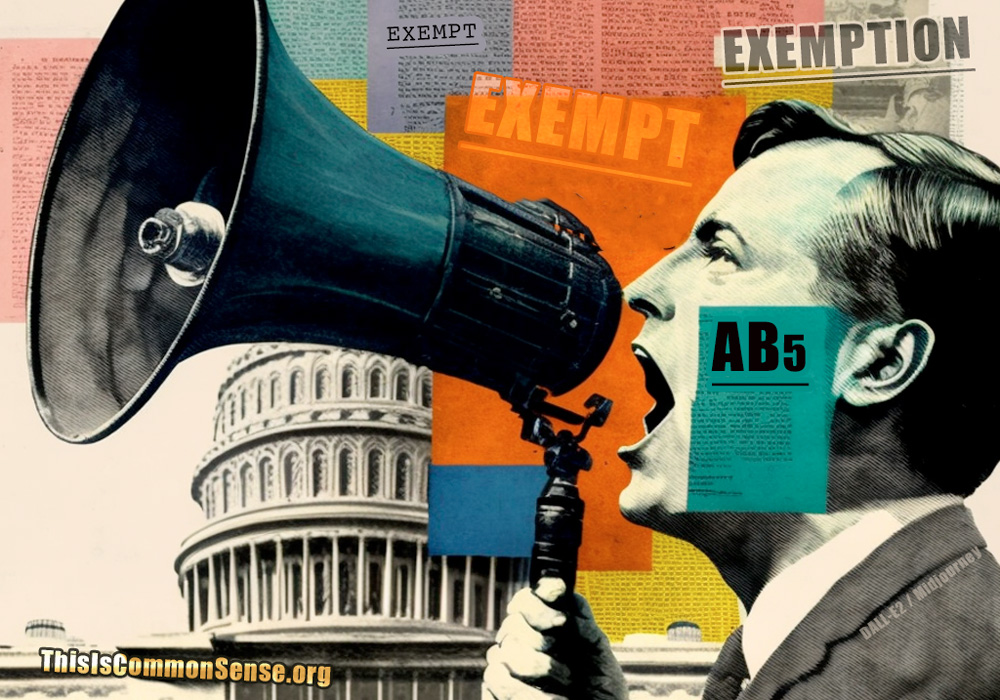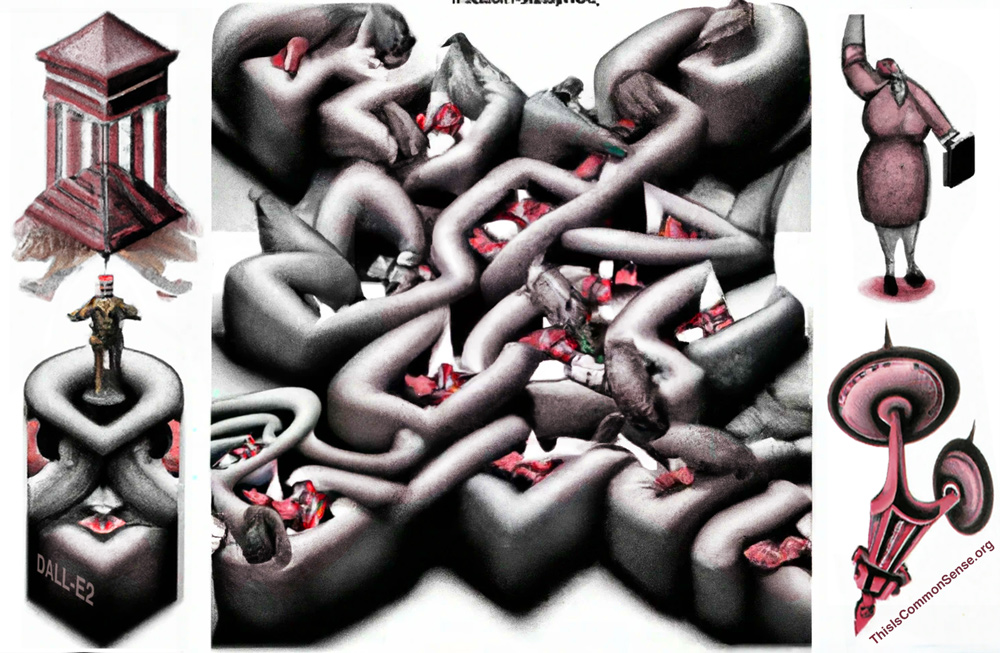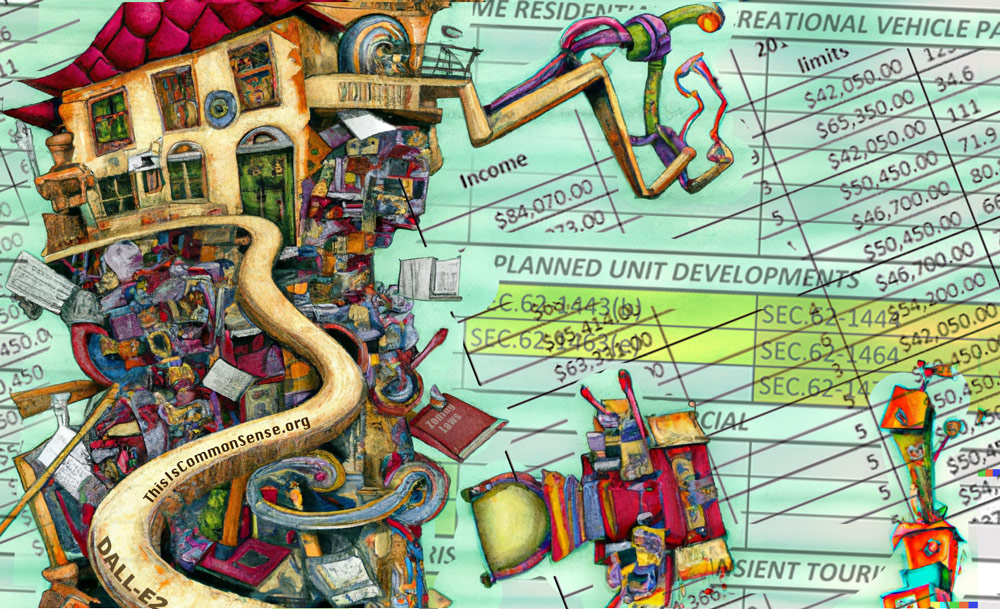In 2019, California imposed a law to force many independent contractors to become standard employees if they wanted to keep working for erstwhile clients.
AB5 threw many gig workers out of work. Many lost all of their clients, who typically could not afford to simply convert contractors from whom they had been buying stuff once in a while into regular employees.
Even in the original legislation, exemptions from AB5 were granted for certain contractors. In response to angry controversy, many more categories of contractors were added to the exemption list. Then passage of Proposition 22 allowed Uber and Lyft drivers to continue as contractors.
But guess who still may not hire independent contractors in California? People running political campaigns and petition drives, who often can’t afford to hire many or any employees. The Wall Street Journal notes that today in California, “people who sell ‘consumer products’ count as ‘direct salespersons,’ while those who work on political campaigns or ballot petitions must be counted as employees.”
Thus, under the state’s current anti-contractor law, political speech is impaired in a way that sundry commercial speech is not.
A group called Moving Oxnard Forward has taken their First Amendment-based complaint about this injustice to court, with the help of the Institute for Free Speech. A three-judge panel of the Ninth Circuit Court of Appeals ruled 2 – 1 against the group. But the case can proceed now to the full Ninth Circuit or on to the U.S. Supreme Court.
At the High Court, I think we petitioners and speakers of political speech would probably win.
This is Common Sense. I’m Paul Jacob.
Illustration created with DALL-E2 and Midjourney
—
See all recent commentary
(simplified and organized)





